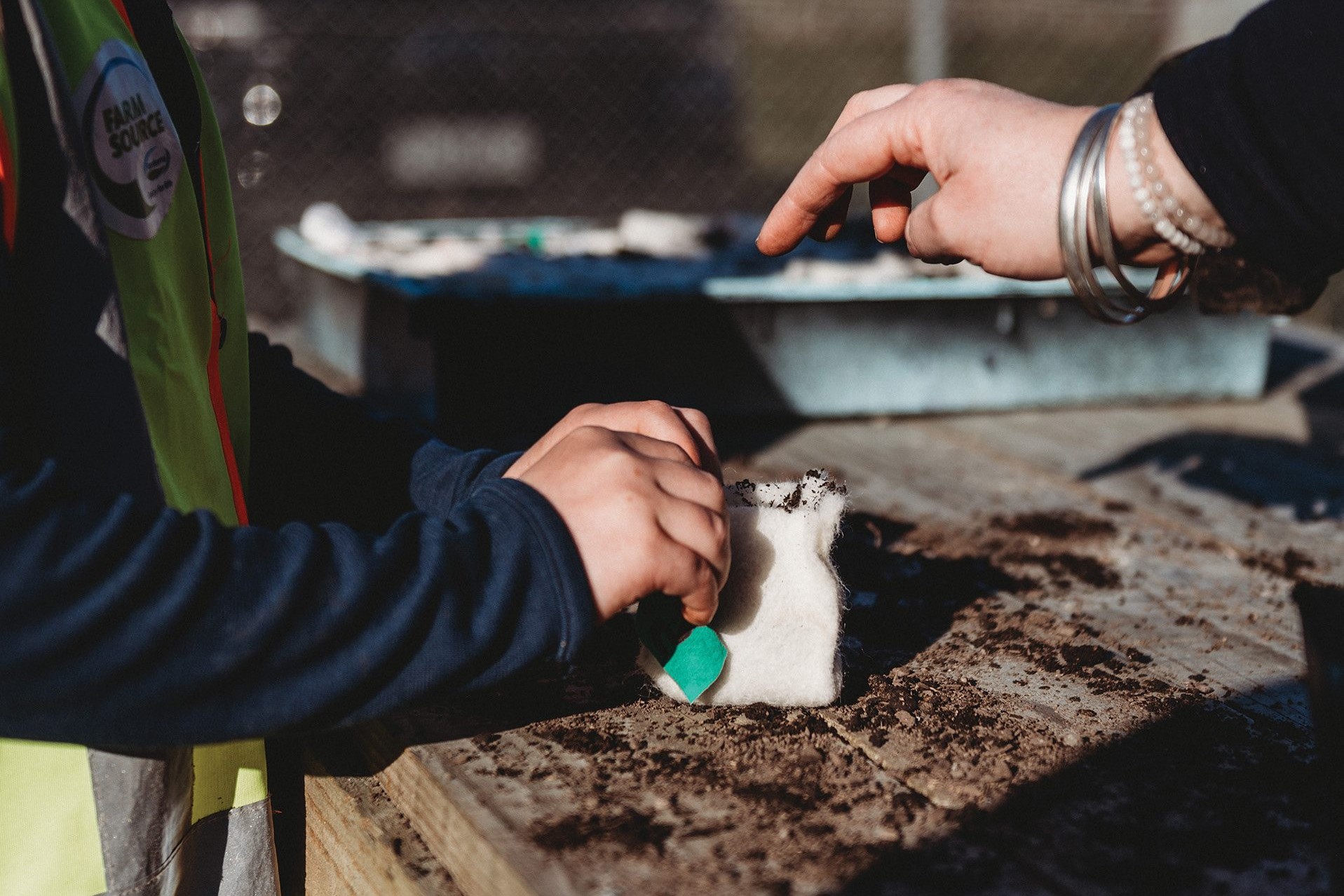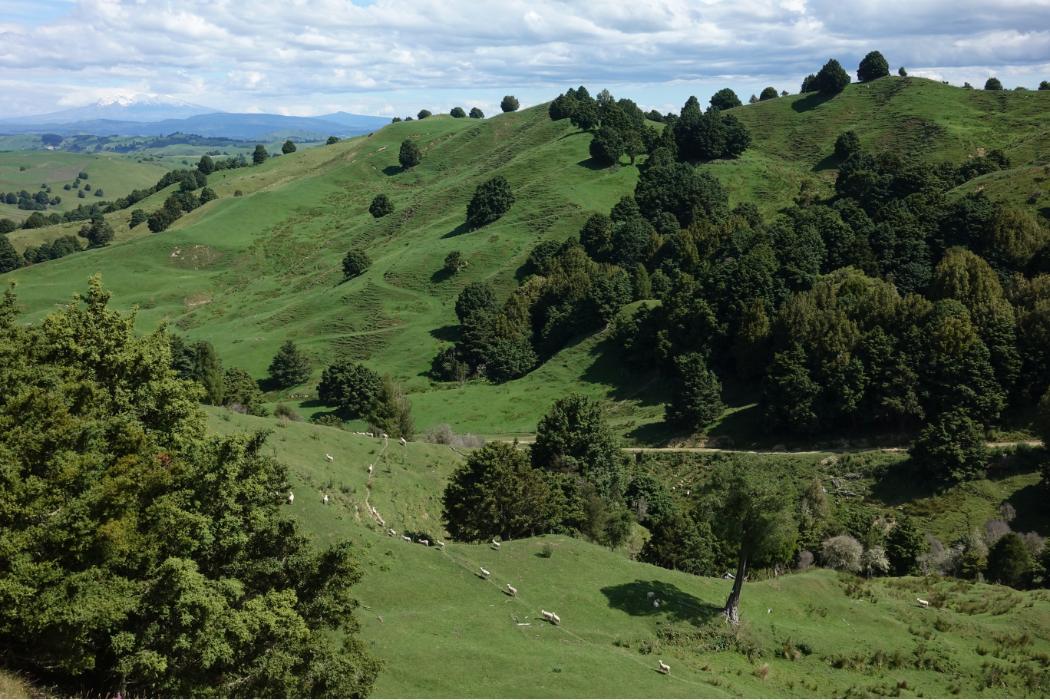Schools reject synthetic carpet
Rural schools putting their foot down when it comes to synthetic carpets and backing their communities by choosing wool carpet will have a helping hand from carpet manufacturer, Bremworth.

The new Bremworth Wool in Education initiative, which provides a 30% product subsidy, aims to help make wool carpet more accessible for New Zealand schools.
Earlier this year the Ministry of Education announced a plan to install almost $8 million worth of nylon carpet (made from petroleum-derived plastic) in up to 760 small or rural schools around the country. The announcement was widely slammed by rural communities and wool advocates who said it smacked of hypocrisy.
Bremworth decided to launch the subsidy following reports schools were unhappy with the Ministry’s proposal, and were instead turning to community fundraising to pay for woollen carpet – rather than accepting the free synthetic alternative.
Under the programme, schools that are due to replace their existing flooring can apply to Bremworth for a product subsidy equivalent to at least 30% of their flooring needs. For a school requiring 400sqm of carpet, this would equate to savings of more than $10,000.
Cheryl Barbara, principal of Rotherham School in North Canterbury, said the Ministry’s offer to provide synthetic carpet was inconsistent with the sustainability doctrine the Government wanted taught to students, and was insulting to the rural sector.
“We are told to teach the kids about sustainability, yet the Government isn’t actually practising what they preach. It’s beyond belief that they are stipulating imported synthetic carpets in rural schools when we are a wool-producing nation – particularly as larger urban schools have the option to install carpets of their choice.
“As a principal of a rural school, I can tell you that it goes against our rural values and is highly offensive to our wider farming community which has been struggling over the past few years.”
Bremworth CEO Greg Smith said the decision to use petrochemical-based carpet fibre flew in the face of the Government’s commitment to reduce plastic. “If we really want to reduce the level of microplastics around, maybe look at specifying wool carpets in schools and government departments.
“When you look at the criteria they used, one was carbon footprint … what they are saying is a sheep on a hill emits more carbon than a synthetic tile – how could that possibly be true?”
The new initiative had already attracted a lot of interest. “We’re not doing this to make money, we’re doing it to help schools that are passionate about getting wool in their school, which is the right thing to do – kids spend all day on it.”
Bremworth believed that creating the optimal environment for learning and comfort was a significant part of this, Smith said.
“It comes down to there being a deep commitment to sustainability in the country. Our farmers are working really hard, we need to believe in ourselves and our own product being grown here in New Zealand.
“We’re trying to support those brave principals prepared to go against this whole idea and go out to the community and do the tough mahi to fundraise to put wool, a natural product, in. We thought we needed to help as much as we could.”
Smith called on the Ministry to amend its current offer to allow schools to take the cash equivalent of the plastic tiles, which they could then put towards wool carpet.
- INTERESTED IN APPLYING FOR A PRODUCT SUBSIDY? Bremworth.co.nz/pages/wool-in-education




